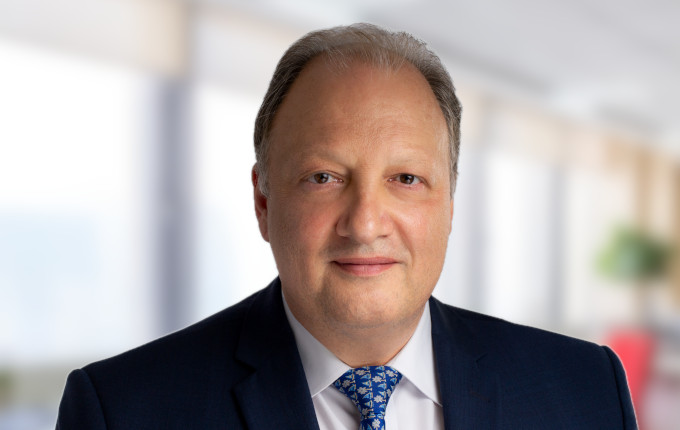State Super was one of the top performing funds in Australia during the March quarter, largely due to its decision to have tail risk strategies in place. We talk to CEO John Livanas about the fund’s approach and the changed world post-pandemic.
Register to Access this Exclusive [i3] Insights Article
Create a free account to access exclusive interviews with asset owners, revealing insights on investment strategies, market trends, and portfolio allocations.
If you already have an account you can Login .
If you have any issues registering an account please send us an email at [email protected].

